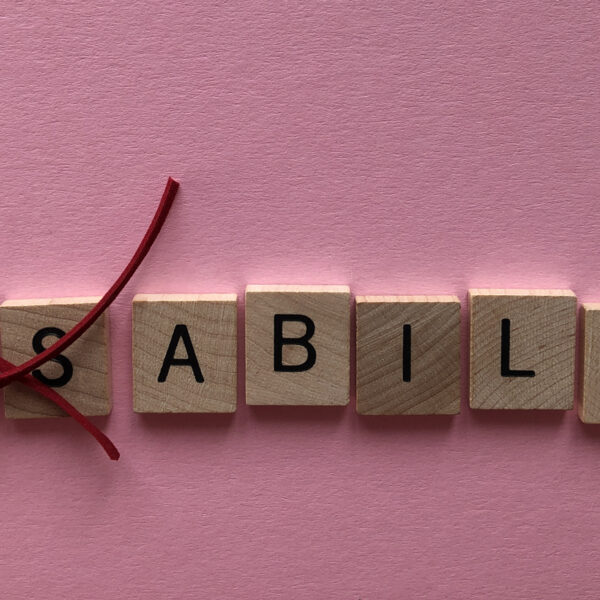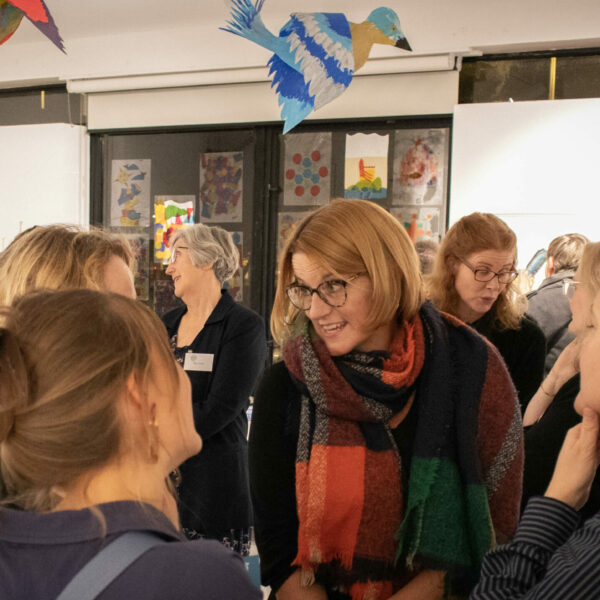Tackling racism
Amaze is an organisation set up to empower children and young people with special educational needs and disabilities (SEND), and their families. We champion inclusion and lobby against inequality experienced as a result of a special educational need, disability or long-term health condition.
Race and SEND
We know that the way race and disability combine for many families in Sussex impacts their experiences of SEND services.
As a service provider, we want and need to look harder at how different kinds of discrimination are interconnected, which can create even greater inequality. This is called ‘intersectionality’.
For instance, outcomes can be poorer for many children from Black, Asian and minoritised ethnic communities who also have special educational needs or disabilities. National charity Barnardos reports:
“Where a white child might be classified as having special educational needs or experiencing challenges at home, a Black child with the same behaviour might be labelled as ‘naughty’ or ‘aggressive’.”
Our own experience locally tells us some families from Black, Asian or minoritised ethnic communities have struggled to access services, or have been discriminated against as a result of their ethnic identity. We also know that your cultural background can affect the shape of the challenges you face in coming to terms with your child’s special educational needs or disabilities. For some, it may be harder to recognise or accept your child’s additional needs. It may be harder to reach out for help, or even to let others know about your child’s disabilities.
We know Amaze’s own culture, practices and policies will affect how families experience our services. We start from the assumption that some degree of intrinsic bias exists within our staff and volunteer teams and are committed to educating ourselves about this, and how we need to change and adapt to remove this bias.
What Amaze is doing to tackle racism
In aspiring to be an anti-racist organisation, we are actively committed to eradicating intentional or unintentional racism within, as well as using our influence to call out racism in wider society. Some of the actions we take to achieve this include:
- Staff seek to understand how our processes and systems might be a barrier to Black, Asian and minoritised ethnic families accessing services and what people need from us to feel safe and able to engage. This includes better understanding the journey of a Black, Asian or minoritised ethnic person and how negative experiences with a range of services or people could have had a potential lasting impact. We try to remove barriers for these communities to access our services.
- We gather and review ethnicity and feedback data on quarterly basis and use this to make adjustments and improvements to our services. We seek feedback from Black, Asian and minoritised ethnic service users, offering interpreters to do this if necessary.
- We communicate using plain English and a range of community languages and inclusive images
- If families tell us about any racism they have experienced relating to their child’s SEND, or their caring role, we acknowledge this and seek to champion this issue in the sector, or signpost to an organisation for advocacy where they may be better placed to help
- We are committed to reaching out, building relationships and working in partnership with the local Black, Asian and minoritised ethnic community sector, to share skills and knowledge for mutual benefit, and use these connections to reach communities that might be in need of our services.
- Staff are required to attend training which reminds us of our duty to promote equality, diversity and inclusion across Amaze. We also train staff to better understand intersectionality and achieve our equalities goals
- The culture at Amaze encourages and expects members of staff at every level to take ownership of and live by our values of equality, diversity and inclusion. This means we build a space where people feel safe, the importance of listening and building trust is recognised, and we celebrate diversity
- We provide a safe space for staff and volunteers working within Amaze who identify as Black, Asian or minority ethnic to come together and discuss issues and provide feedback. We encourage staff to report racist incidents, and provide a clear process for dealing with racist behaviour, outlining consequences for staff who engage in hate speech or micro-aggressions or otherwise discriminate on the grounds of race or ethnicity
- We take positive action to recruit more staff and volunteers from Black, Asian and minoritised ethnic communities e.g. value and acknowledge language skills, community-based skills and lived experience
- We promote our Equality, Diversity and Inclusion (EDI) reporting form so that anyone who feels we’re not living up to our equality, diversity and inclusion commitments can make a complaint and it will be investigated.
Our use of language
Amaze has decided to use the term Black, Asian and minoritised ethnic (BAME). We acknowledge that this is an imperfect and homogenising term which in many regards is insufficient. However, we also recognise that this term is a useful acronym for data and evidence collection, which is used within research, government and some Black, Asian and minoritised ethnic organisations themselves.
As an organisation, wherever possible, we will try and be specific about the ethnic group we are referring to so as to capture the different experiences of different groups and reduce the use of umbrella terms, and we will avoid using the BAME acronym unless we have very limited space for text. We commit to keeping our use of this term under review, as we understand the acceptability of terms change over time – as it does within the special educational needs and disability sector too.
Feedback
We welcome feedback about Amaze’s plans to tackle racism. Please let us know what you think at [email protected] or use the feedback form on our Contact us page.





